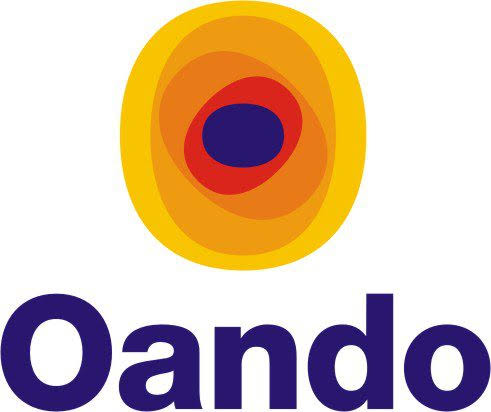Oando Plc has been shortlisted by the Trinidadian government as one of three final contenders to take over the country’s state-owned refinery, which was owned by the defunct Petrotrin.
Speaking during a budget presentation on September 30, the Trinidadian Finance Minister, Colm Imbert noted that among the initial 10 proposals, three companies had made the final shortlist including, CRO Consortium, a consortium of three Trinidadian companies, INCA Energy, an American company, and Nigeria’s Oando Plc.
The bidding process began in February 2024, when the government of Trinidad and Tobago enlisted the services of U.S.-based Scotia Capital to oversee the refinery’s procurement by inviting “expressions of interest.”
Imbert noted, “A formal selective Request for Proposals process will now be initiated to determine the winner amongst these 3 companies, with a view to restarting the Refinery, if found feasible.”
He explained that the proposals received were evaluated based on five criteria which were, a clear restart plan and timeline by the proposing company. This restart plan and timeline had to include an asset integrity assessment, utility requirements such as power, natural gas, and water, as well as sources of crude supply.
Other criteria included a viable financing plan that covered working capital, and an agreement with the Trinidadian state oil company, Paria, that safeguarded the national interest in fuel security while addressing the management of Heritage’s crude supply. The criteria also included that the offeror demonstrated transparency and openness throughout the process, ensuring smooth information sharing to facilitate its completion.
Colm Imbert in his budget speech noted that the accumulated losses of the refinery as of the last audit was $15 billion, with the country carrying a public debt of $3 billion on behalf of the company. He also noted that when the refinery was shut down in 2018, it was battling with low productivity levels.
Trinidad and Tobago, just like Nigeria is a crude oil-producing nation that relies on imported petroleum products for its energy demands.





